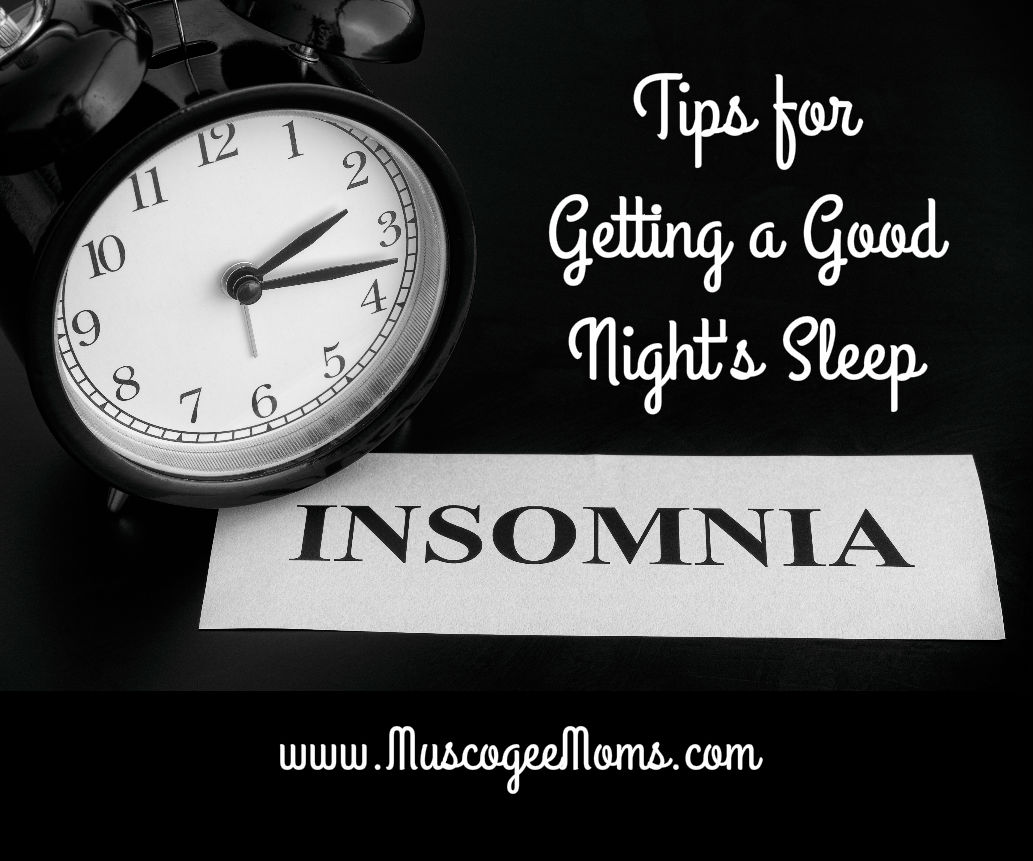Insomnia and Good Sleep Hygiene Tips for Children, Teens, and Adults
Guest Blog by Angela M. Sims, Ph.D., Pastoral Institute, Inc.
I suffer from a serious sleep deficit. I have since college –those all-night study sessions were great prep for those sleepless nights with colicky babies. Unfortunately, I never truly broke the habit of staying up past midnight. These days I tend to stay online past midnight, working on blogs or maintaining this website. Recently my children have begun showing signs of insomnia also. So I decided to ask Dr Angela Sims, a Developmental Psychologist with the Pastoral Institute, to share some good sleep hygiene tips with our readers.
Take it away, Dr Sims! ~ Charlotte
To help with sleeping, try the 20 following tips, but please consult with your healthcare provider before you try any supplements below:
- If you are having problems sleeping at night, do not nap during the day. For children, naps usually stop at age 4.
- Try to get some exercise each day, which will help you feel more tired at night.
- Try to get 20 minutes of sunshine each day to help absorb Vitamin D from what you eat. Most milk or milk-like products are fortified with Vitamin D.
- Set a regular bedtime for each night to get into a routine of sleeping.
- Stop watching TV or playing action computer/video games two hours prior to bedtime. Consider eliminating screen time (TV, computer, video games) to improve mood and sleep.
- Consider taking Omega-3 (e.g. fish oil, krill oil, walnut oil, flax seed oil or ground seeds) which helps regulate mood and combats symptoms of depression and anxiety. Recent studies show these supplements reduce ADHD symptoms. There are many great-tasting, chewable Omega-3 brands available.
- Melatonin is a natural part of our hormones for sleep regulation. If you try melatonin supplements, you may find that the ones that dissolve under your tongue work faster at a lower dose.
- Do not drink caffeinated drinks in afternoon or evening.
- Drink teas (preferably decaf) which contain l-theanine which relaxes you. Contrary to previous research, a standard (200 ml) cup of black tea was found to contain the most l-theanine (24.2 ± 5.7 mg) while a cup of green tea contained the least (7.9 ± 3.8 mg).
- Take warm bath or shower to relax before bedtime.
- Between supper and bedtime, drink warm whole or 2 % milk (or soy, almond, coconut or rice milk) with flavoring if you wish. Don’t drink powdered milk and steer away from hot chocolate or chocolate flavoring because it has some caffeine. William Sears, M.D. writes, “Calcium helps the brain use the amino acid tryptophan to manufacture the sleep-inducing substance melatonin. This explains why dairy products, which contain both tryptophan and calcium, are one of the top sleep-inducing foods.”
- Have a bedtime snack that has cheese and a complex carbohydrate, such as ham and cheese or a peanut butter sandwich on whole wheat with a glass of milk. Do not overeat.
- Do not eat a sugary snack. Avoid eating a heavy carb meal before bedtime.
- Drink Kids Sleepy Time Tea, Chamomile tea, Lemon Balm tea, Passion Flower/Fruit tea right before bedtime. Lemon juice, sugar, and honey are good for flavoring.
- Avoid artificial food dyes. Red & yellow dyes have been linked to hyperactivity and behavior problems.
- Read, listen to music, etc. before trying to go to sleep. For children, have a bedtime routine of reading a book, listening to music, or playing a quiet game together.
- Prayer or meditation and spiritual reading (such as Biblical stories or scripture) help.
- Listen to white noise to relax the brain. Options include a fan, humidifier, sound machine, a smart phone/tablet app, or CD with spa-like music or white noise. Sleep research indicates “ocean waves” are the best to help you sleep.
- Sleep in a dark, cool room with no lights, but keep yourself covered to stay warm. Also, keep your hands and feet warm in order to feel sleepier.
- If using a nightlight, put it close to the floor to keep the direct light out of your eyes or consider a flashlight for children who are afraid of the dark. Children can turn the flashlight on when they need it, but won’t have a light to keep them awake.
See if this helps you to have a peaceful and restful sleep!
Angela M. Sims, Ph.D. is the director of the Sarah T. Butler Children’s Center at the Pastoral Institute, Inc. in Columbus, GA. She is a Developmental Psychologist, GA Licensed.



